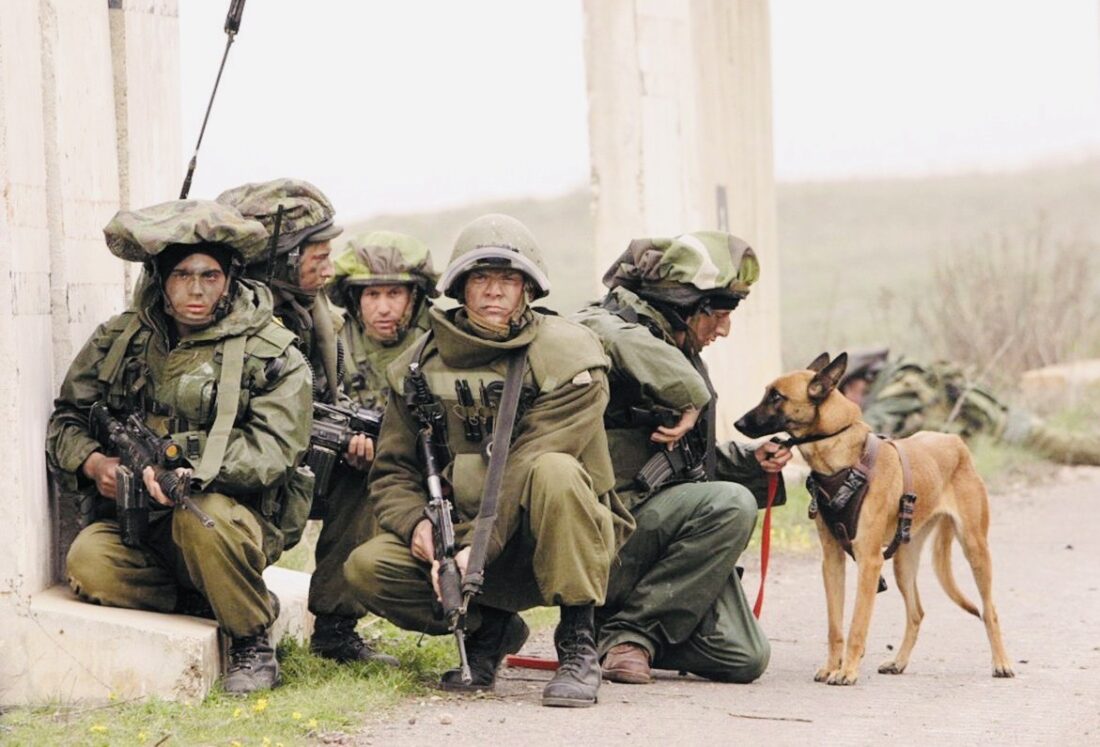Twenty two years have elapsed since Israel’s withdrawal from its self-declared security zone in southern Lebanon. Joseph Cedar’s feature-length movie, Beaufort, is set in an embattled Israeli outpost during this period and recreates the denouement of Israel’s misadventure in that country.
Currently available on the ChaiFlicks streaming network, it was shot on location on the Golan Heights. Completed on the eve of the second war in Lebanon in 2006 and released a year later to critical acclaim, it was nominated for an Academy Award in the best foreign film category.
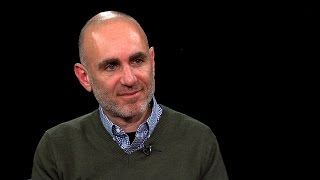
One can understand its appeal. Though deceptively simple, it is viscerally powerful and invariably suspenseful. And Cedar elicits strong and unaffected performances from his cast. Since Beaufort is not a documentary, he only glosses over the history of Israel’s complex military embroilment in Lebanon.
Israel established its security zone following Operation Litani, its first invasion of Lebanon, in 1978. Its purpose was to destroy Palestinian bases in Lebanon and thwart further Palestinian attacks against Israel.
In the wake of Israel’s second invasion of Lebanon in 1982, Hezbollah — a Lebanese Shi’a militia founded with the financial and organizational assistance of Iran — emerged as its primary enemy.
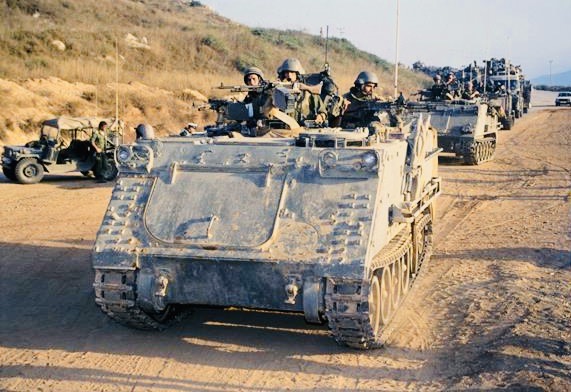
For the next two decades, the Israeli armed forces fought an increasingly costly guerrilla war with Hezbollah in southern Lebanon. In May 2000, Israel withdrew unilaterally from Lebanon after failing to reach a peace agreement with Syria, one of Hezbollah’s patrons.
Beaufort, named after a crumbling hilltop Crusader fortress in Lebanon captured by Israel on the first day of the 1982 war, unfolds in the final days or weeks before Israel’s pullout.
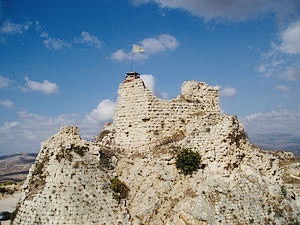
As an Israeli helicopter lands at Beaufort to deliver supplies and fresh soldiers, the surrounding area is struck by a fusillade of Hezbollah missiles. Ziv (Ohad Knoller), one of the new arrivals, is a bomb disposal specialist whose task is to dismantle an explosive device planted by Hezbollah on a narrow patrol road near the fortress.
A cautious fellow, Ziv is reluctant to carry out the mission because he judges it to be too dangerous. In any event, he wants to speak to his commanding officer before proceeding. Liraz (Oshri Cohen), the outpost’s impatient commander, cannot wait any longer and demands that the job be done on an urgent basis.
This is Ziv’s first posting to Lebanon. His uncle was killed here 18 years earlier. It’s a brutalist complex of cement fortifications and dim subterranean bunkers besieged by a faceless foe. Not once in the film do we see or hear Hezbollah operatives, but they are close by, ceaselessly monitoring Beaufort and launching missiles at it that land with a high-pitched whistling sound and a smoking explosive thud.
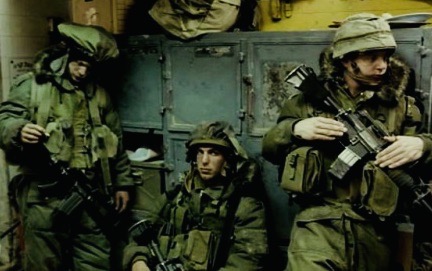
Ziv, accompanied by Liraz and a group of soldiers, sets out on his risky mission, but it does not end as he might have expected.
The bored and apprehensive troops guarding Beaufort count the hours and days when they will be rotated back to Israel. This is not a pleasant or comfortable tour of duty. With Hezbollah missiles constantly raining down on Beaufort and killing and wounding soldiers, it is a hazardous place to be. In one simple but expressive scene, soldiers mop the blood of deceased comrades off a floor. Certainly, the casualties weigh heavily on Liraz, who feels responsible for their untimely deaths.
To break the nerve-wracking tension, the soldiers kibitz around, speak sardonically and express a longing for home and loved ones.
Back in Israel, a television news analyst reports that Hezbollah is firing deadlier missiles at Israeli positions to hasten a humiliating Israeli withdrawal from Lebanon.
At Beaufort, Liraz berates a visiting general about Israel’s passive tactics in Lebanon. Complaining he and his men are sitting ducks in their bunker, he calls for an aggressive stance that would enable Israel to go on the offensive against Hezbollah. The general counsels Liraz to hew to the status quo and sit tight.
In the days to come, Liraz’s unit suffers yet more casualties, and damaged sections of Beaufort are reinforced with heavy concrete slabs, despite the imminence of Israel’s withdrawal.
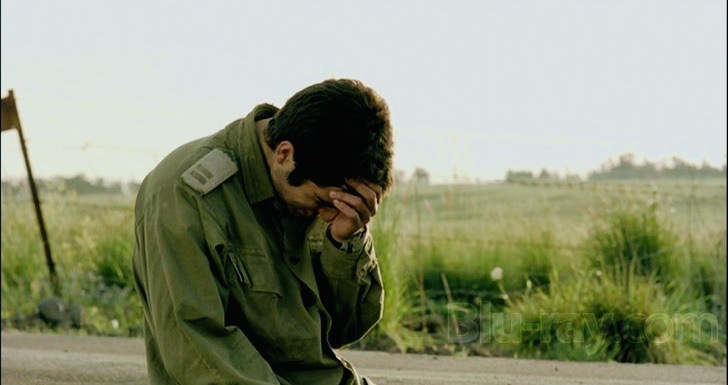
With the collapse of Israel’s Christian Lebanese ally, the South Lebanon Army, Liraz informs the men that Israel is indeed withdrawing and blowing up Beaufort in the process. Anxiety courses through the ranks when the withdrawal is delayed. Liraz himself thinks the time has come to leave, but he does not want the pullout to be perceived as an Israeli defeat. In fact, Hezbollah regarded it precisely through this lens.
Beaufort, gritty in substance and sober in tone, portrays Israel’s interregnum in Lebanon as an exercise in futility and a waste of manpower and precious resources. Cedar never romanticizes it and, implicitly, questions its rationale.
